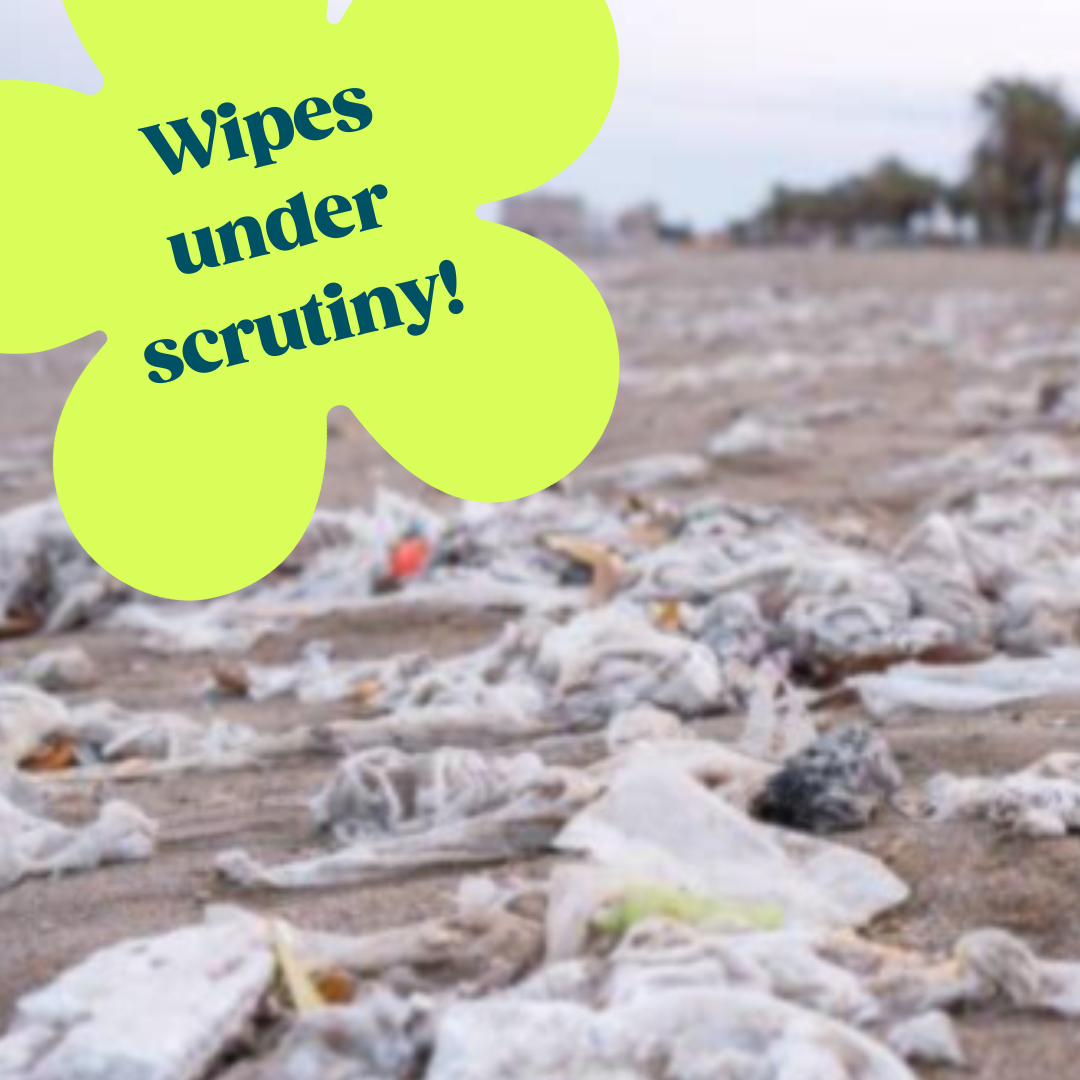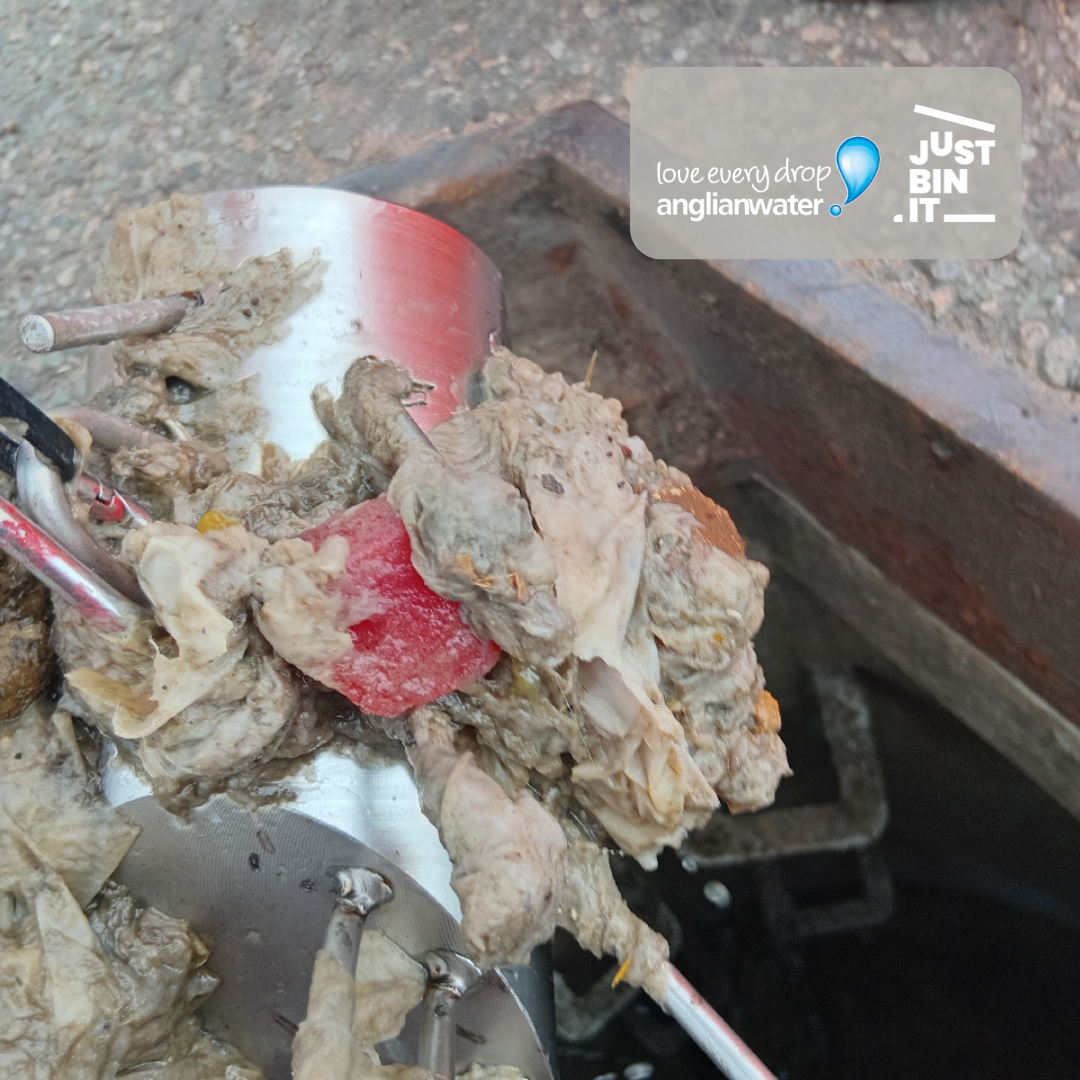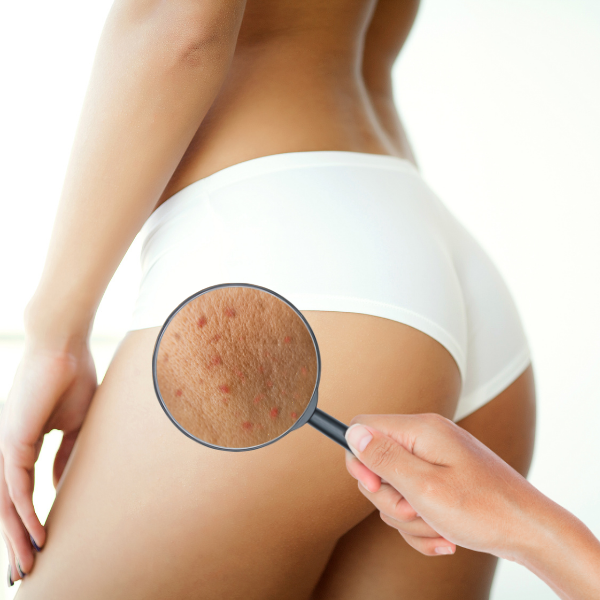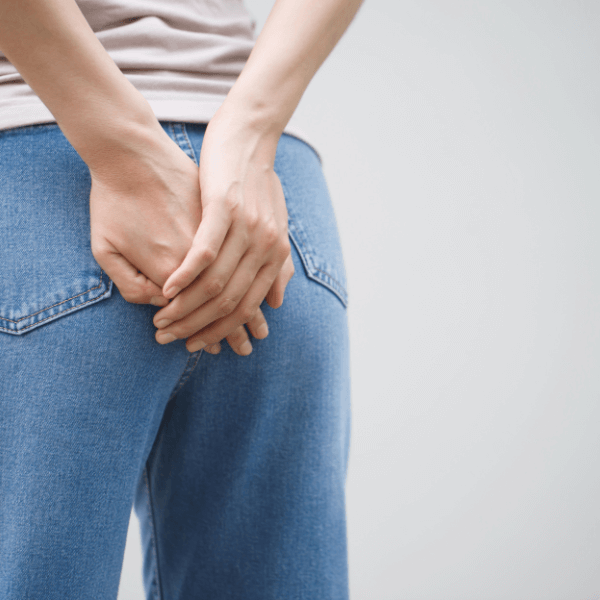Are flushable wet wipes really flushable?

Are flushable wet wipes really flushable?
The waters have started to ripple in the realm of wet wipe legislation this year, and we could see wet wipes that contain plastic leaving our shelves as soon as 2024.
94% of sewer blockages are caused by wet wipes being flushed down the toilet. Water UK, the nation's water warriors, estimate that clearing these blockages costs a staggering £100 million each year. That number makes our wallet feel as soggy as a soiled wet wipe on a beach!
These startling stats are why the government is finally taking action against the crisis cloths, so we’re here to break down what’s gone down the pipes.
The ban on plastic wet wipes
Thérèse Coffey is the lady leading it all. She’s the Secretary of State for the Department of Environment, Food & Rural Affairs. Try saying that three times in a row really fast.
Basically, it’s all stemmed from the careless flushing of single-use plastic wet wipes, which should never go down the drain BTW. The government has pretty much had enough of the chaos and destruction in our sewers, rivers and oceans. Now they’re aiming to wipe the slate clean and give them the boot!

Although we’re seeing some promising steps being made on the matter of plastic wet wipes, there’s still a huge issue with those that are marketed as ‘flushable’. With flushable wipes being 88 times more likely to cause a sewer blockage than bog standard loo roll, there’s a lot more we could be doing to tackle the issue.
So, what’s the problem?
Well, since retailers have started cutting down on the sale of single use plastic products, we’ve seen shelves flooded with wet wipe packets with 'flushable’ painted all over them, opposed to our standard wipes. Even better, words like ‘plant-based’ and ‘biodegradable’ are used to really sweeten the blow to our sewers!
But how sparkly are these stinky serviettes actually leaving our pipes?
The answer is, as you might have guessed, not very sparkly at all. The truth is that we can’t just go round flushing everything but the bathroom sink, and we’ve seen the wet wipe island to prove it!

Manufacturers using terms like ‘flushable’ are misleading us, letting us believe there’s no repercussions to our flushing habits, when we should be treating our delicate sewer system with care.
But what about biodegradable wipes, they’re okay to use, right?
There are a few buzz words you might find on the packet of these naughty little ghosts that make them sound like a solution, rather than an extension of the original issue of plastic wet wipes. Let’s look into what they actually mean.

Biodegradable – When a wipe is biodegradable, it means it can be broken down in the natural environment (e.g when you throw it in the bin or compost it). So, they find themselves in a bit of a sticky situation when they're just suffocating in a big ball of fat.
These wipes need hard working microbes to break them down which need oxygen to do their job, which is great when there’s lots of it to keep them alive! How much oxygen do you reckon there is in the middle of giant clumps of fat and soiled material? Fine, we’ll tell you. There’s none...well at least not enough for our naughty napkin eating microbes to survive.
Plant based – Plant based wipes are usually made from cotton, bamboo, or wood pulp. These materials do break down, just not fast enough to dodge the ultimate demise that is the fatberg.
Just because cotton is in the shape of a wet wipe and soaked in liquid doesn’t actually make it any different to anything else that’s made from 100% cotton. We would never flush our socks, or a t-shirt down the loo. So why do we think any differently when it comes to the dirty doyleys?
Flushable – Anything is flushable if you force it down the drain hard enough. Flushable just means it will make it round your u-bend but doesn’t guarantee that it won’t cause havoc in our sewers.
When we buy intimate care products, we should be able to trust the people we’re buying from. However, the deception of the term ‘flushable’ creates a disconnect, as we’re being told one thing by manufacturers whilst turning our heads and seeing the destruction of our pipes, rivers and oceans due to wet wipe pollution. And that’s what the government is trying to tackle.
What have the government said about flushable wipes?
Therese Coffey and Water Minister, Rebecca Pow, have come together to question manufacturers on the use of the word ‘flushable’ on wet wipe packaging.
Coffey has given wet wipes producers a little message, worried about the number of wet wipe that are flushed down UK toilets - between 2.1 - 2.9 billion each year (ouch) – and has asked them to have a hard think about the use of the word on packaging to help prevent sewer blockages and water pollution.
Not only this, but Coffey has called them out on forever chemicals, pollutants that take far too long to break down in natural environments. It was even found that only 14% of rivers in the UK are genuinely clean of forever chemicals, and wet wipes play a big part in this type of pollution.
Water Minister, Rebecca Pow, said it’s “vital” that manufacturers are more transparent with their wording. So yeah, she’s p*ssed.
Wet wipe manufacturers have now been asked to let everyone know how they’re going to address these concerns.
The fact this has actually been picked up by the government is a pretty big deal. It just goes to show how negative the impact of these wet wipes really is.
I love wet wipes! What shall I do?
Woah let's slow down a bit with the L bomb! A relationship with wet wipes is toxic at best, they’re single use by nature and they’ll leave you without a second thought. Trust us.
At the moment, we’re just waiting for a public consultation to see whether this plastic wet wipe ban will go through. However, there’s more we can do to reduce the pollution that plastic and flushable wet wipes are causing below the waist of the waters.
Bin the wet wipes or ditch them for a sustainable alternative: Wet wipes should never be flushed down the loo, so if you need to use them, just pop them in the bin. Better yet, keep that clean feeling under your belt and switch to a sustainable alternative to wet wipes, one that’s genuinely flushable!
Check out our sustainable alternative to wet wipes!
Keep updated - Keep your eye on regulation, and make sure your voice is heard when the time comes. When we challenge the issue from the top, we’re able to encourage institutional change around the way wet wipe manufacturers can spread their pipe clogging poopy petticoats.
Sharing information – Many people are still unaware of the impact that wet wipes have on our environment. Sharing resources (like this blog) and building a community of wet-wipe-wise people will help others make better decisions when it comes to what products they use, and what they flush down the loo.
If you’d like to start making a change right away, try switching from plastic/flushable wipes today with the Wype Starter Kit. Not only will it help you make better decisions for the planet, but it’s also better for your tushy! Our sustainable alternative to wet wipes is natural, organic and keeps you feeling soothed, moisturised and fresh as a daisy!
Switch to the Wype Starter Kit today!


